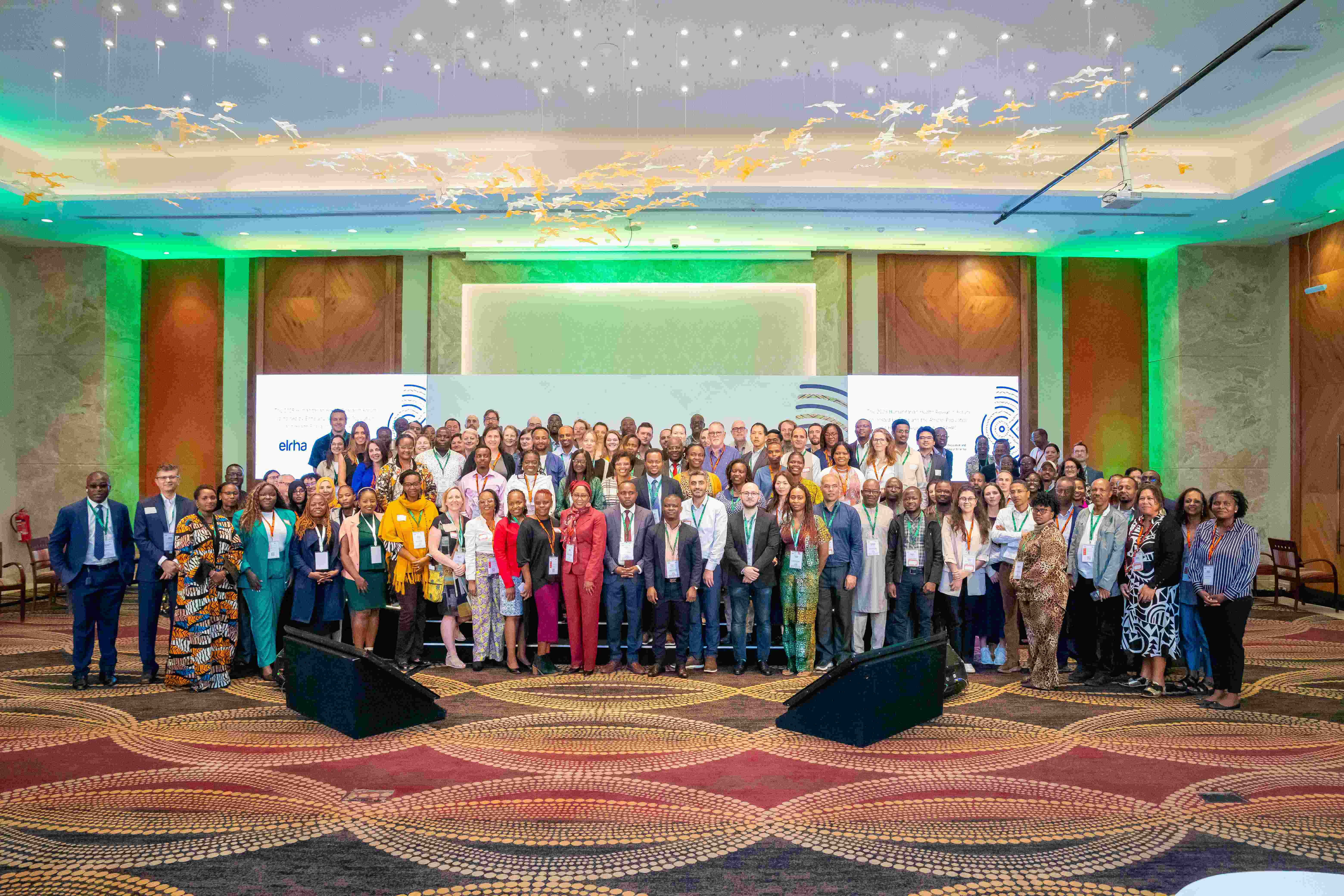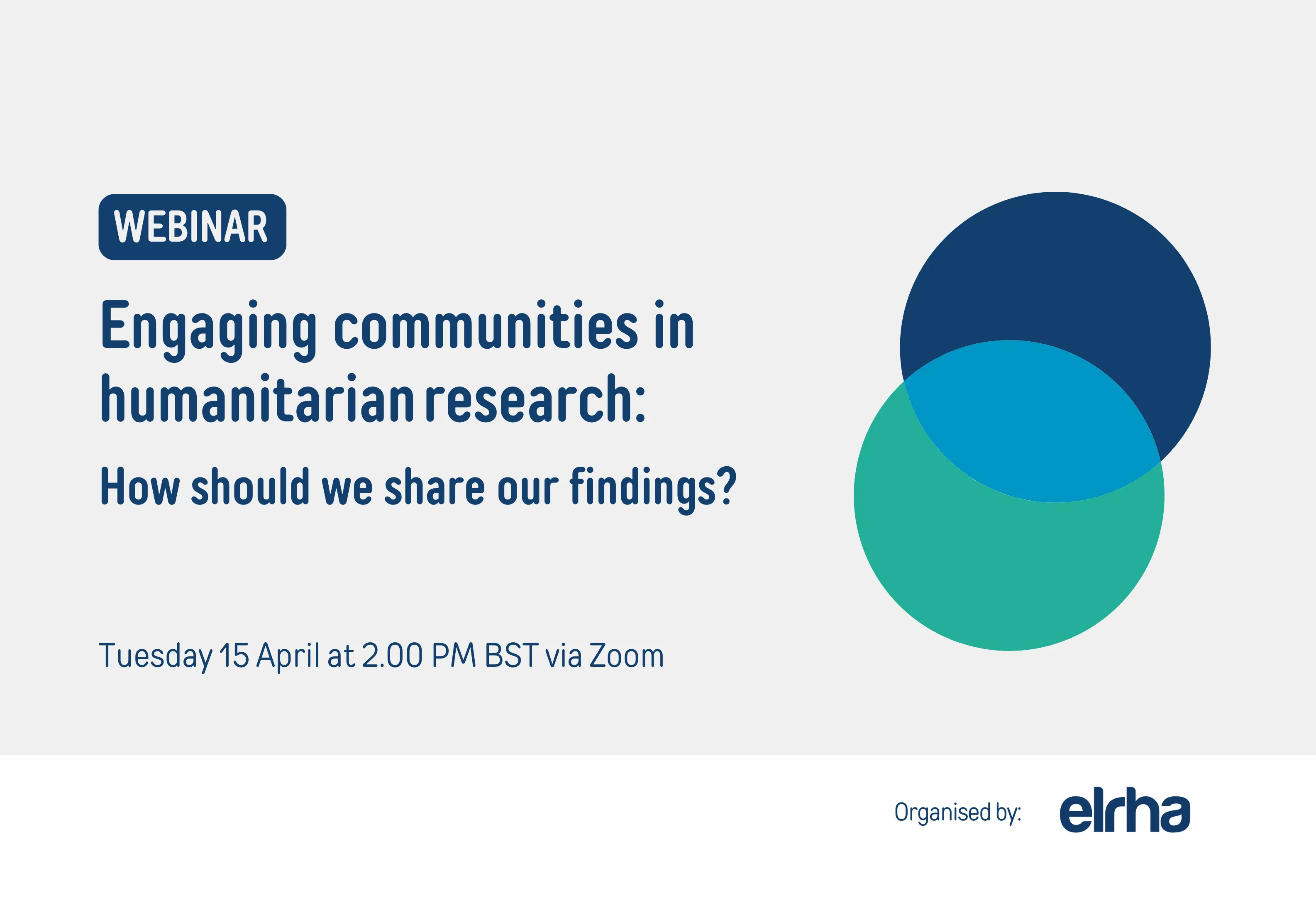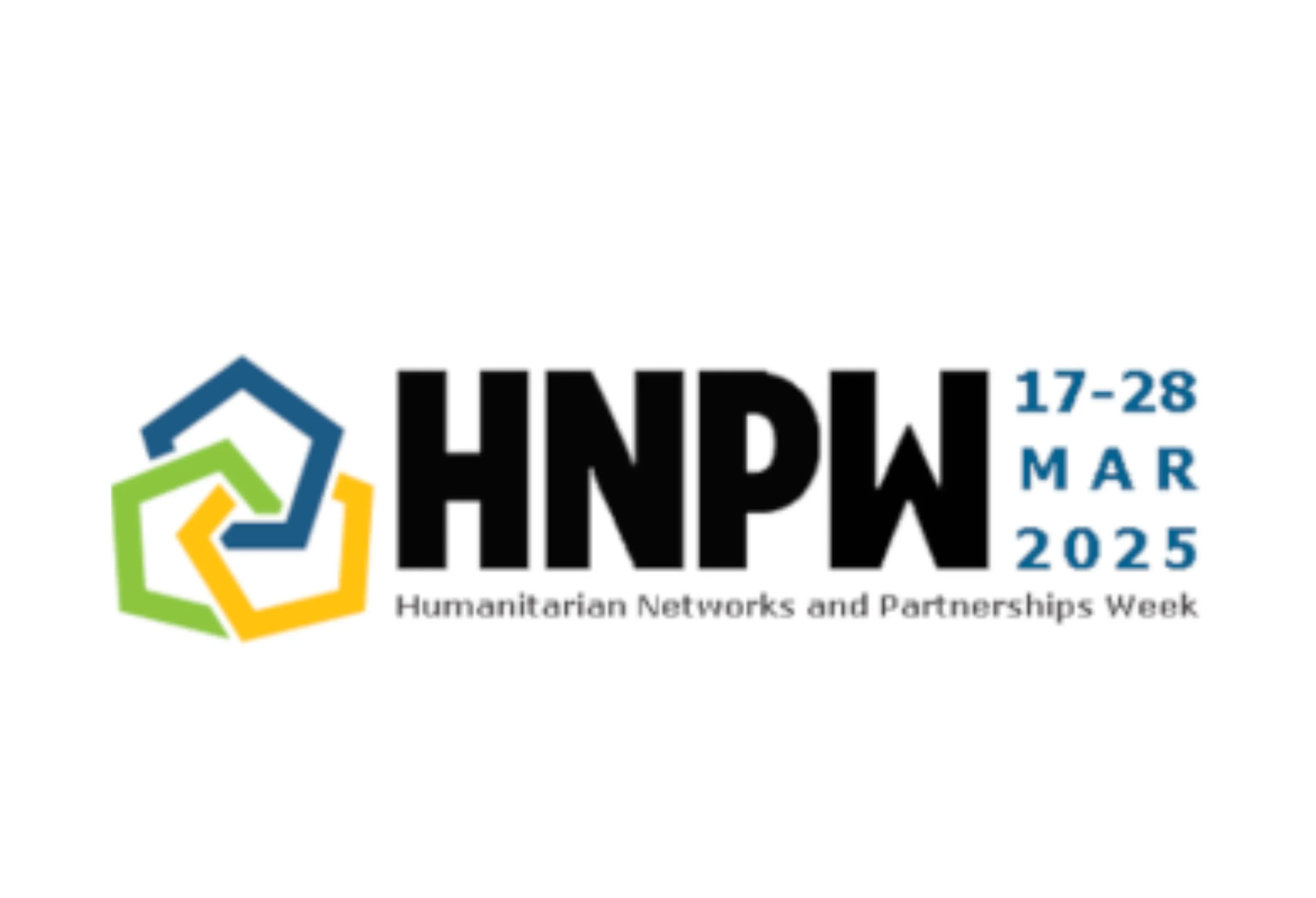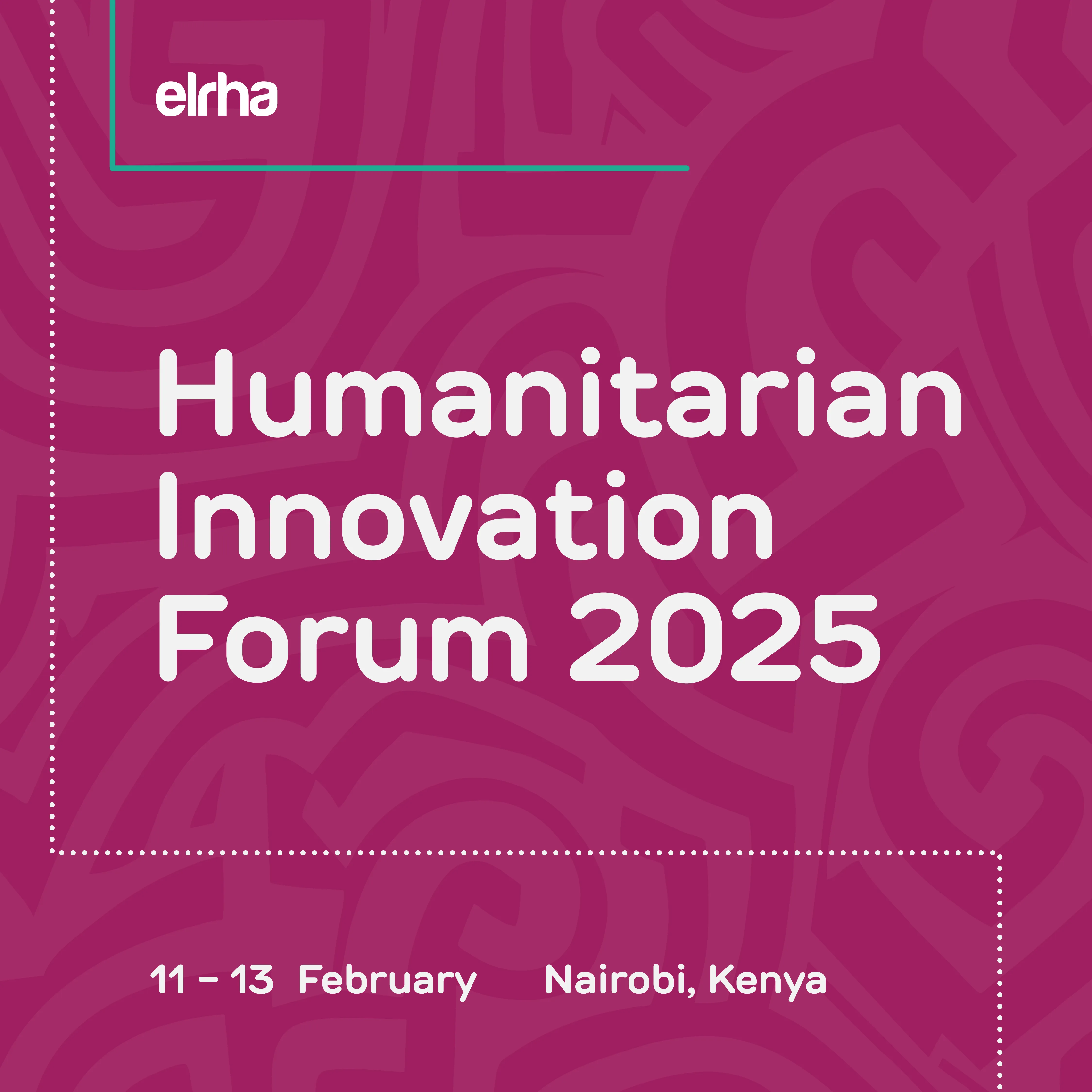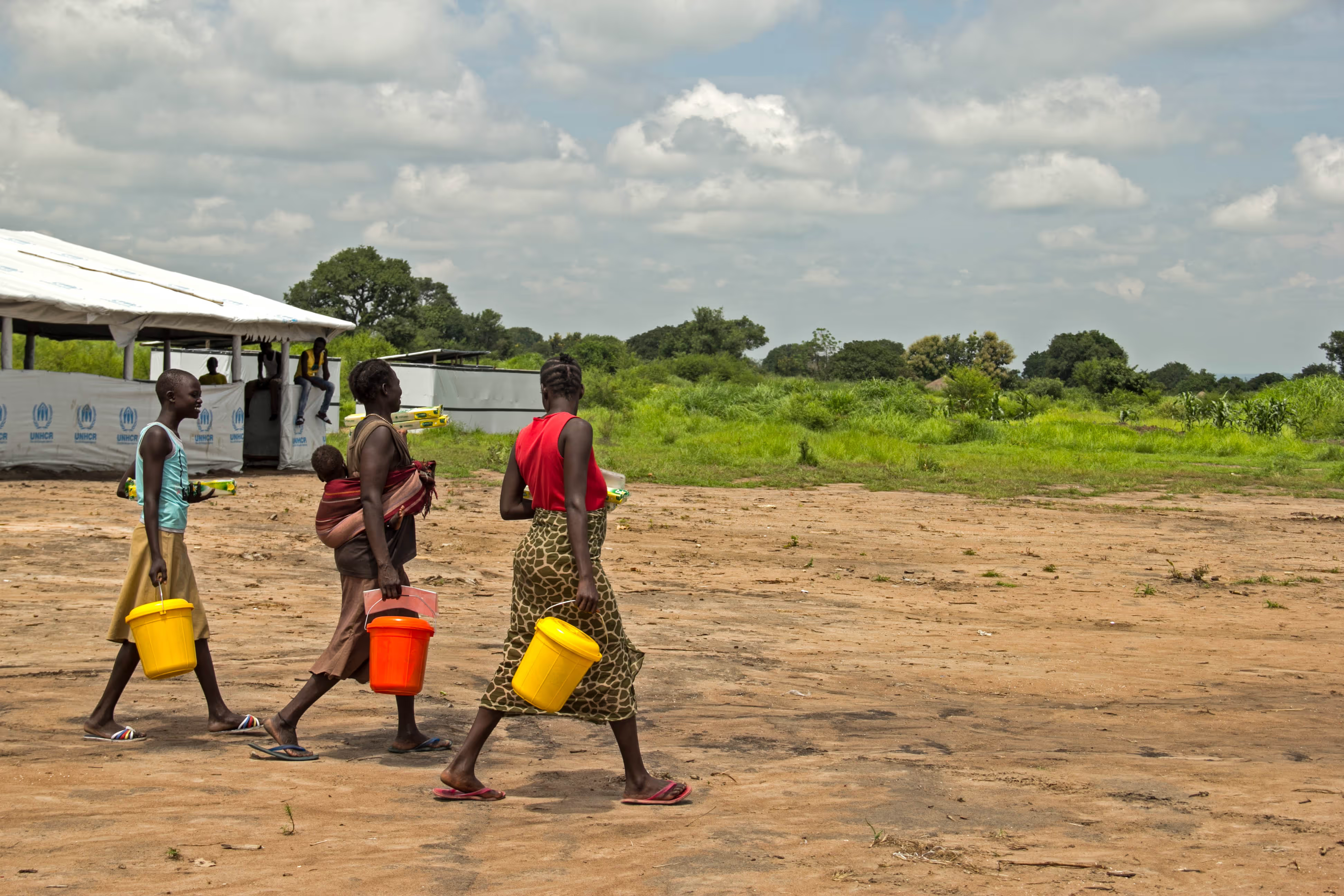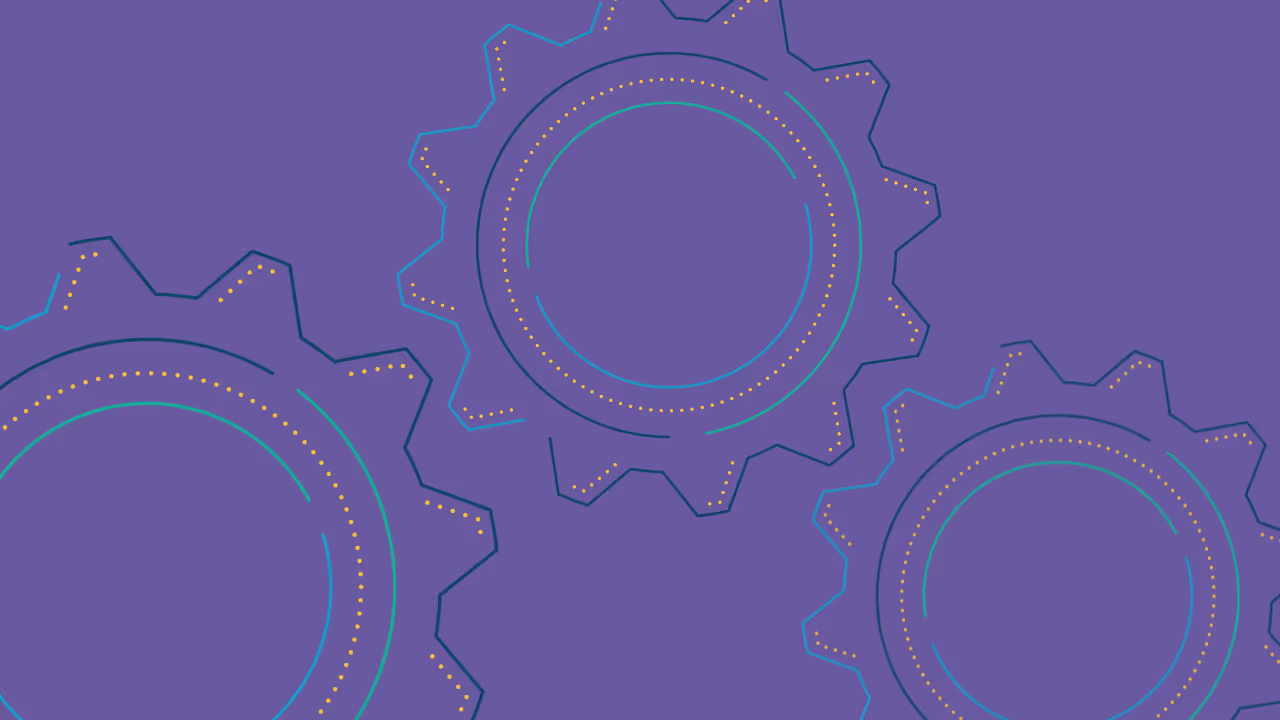Webinar series: New approaches to addressing gender-based violence in humanitarian settings

Background
Since 2015, we have identified gender-based violence (GBV) as an area of focus for our Humanitarian Innovation Fund (HIF). In 2019 and 2020, we launched a series of challenge funds, calling for innovations that address intimate partner violence (IPV), and driving the adoption of monitoring and evaluation (M&;E) of GBV programming, as well as providing follow-on funding for past grantees to advance their innovations. Additionally, we funded one GBV-focused innovation under our 2020 fund accelerating the journey to scale. One result of our concerted support for innovative GBV programming is a remarkable pool of recent grantees whose work we continue to champion.
Our aim through this webinar series is to showcase the innovations we’ve supported – to bring these new ideas and emerging best practices to a wide audience of GBV practitioners, advisors, innovators, coordinators and donors. We want to increase awareness of the important role innovation can play in GBV programming, share lessons learnt and shine a light on these new approaches, developed through the innovation process.
Speakers will range from academic principal investigators and project managers to the local implementers shaping and applying new approaches.
Participants will come away knowing what each innovation offers and how they can find out more about it – whether that’s to adopt the approach, fund its advancement, or to collaborate or draw inspiration from it.
About the webinars
Please note, there will be a separate registration form for each webinar. You can sign up for as many or few as you wish.
1. New approaches that target the knowledge-attitude-behaviour of GBV programme and clinical staff
Date: Tuesday, 12 September, 13:00 - 14:00 BST (UTC+1)
In this webinar, we’ll hear how IPAS have used a co-design process with Rohingya refugees to promote reproductive autonomy through adapting a global clinic-based intervention methodology to a humanitarian refugee camp setting. We’ll also hear about interventions in Ethiopia and Myanmar that pioneer ways of framing, identifying and addressing gender bias among a potentially overlooked group: the staff and supporters of humanitarian GBV programmes.
Speakers include:
- Dipika Paul, Senior Advisor, Research and Evaluation, IPAS
- Erin Pearson, Research Scientist at University of San Diego, and worked on this project as Associate Director of Learning and Innovation for IPAS
- Dr Vandana Sharma, J-PAL Europe Economist at Paris School of Economics, and Researcher at the Harvard T.H. Chan School of Public Health
Watch the recording
2. Using M&;E to improve gender-based violence work
Date: Wednesday 27 September 2023, 14:00 BST (UTC+1)
In this webinar, we’ll hear how International Rescue Committee have innovated new indicators that enrich the measurement of outcomes for GBV survivors accessing humanitarian GBV response programmes. The indicators, measuring survivors’ psychosocial well-being and their feeling of stigma, are tracked for analysis through the GBV Information Management System (GBV-IMS).
Speakers will also share insights into how a group of organisations in Myanmar and South Sudan (Karuna Mission Social Solidarity; The Organisation for Children Harmony (TOCH); Trócaire; and Cafod and Trócaire in Partnership (CTP)), with support from the Global Women’s Institute at George Washington University, have developed indicators that are locally relevant to their context and that measure GBV activities against the globally endorsed Inter-Agency Minimum Standards for Gender-Based Violence in Emergencies Programming.
Both innovation processes have fed into published guidance for GBV practitioners to learn from: the GBV IMS Case Management Companion Guide, and the Monitoring and Evaluation Framework for the Inter-agency Minimum Standards for GBV in emergencies programming.
Speakers include:
- Megan O'Brien, Case Management Data Specialist, International Rescue Committee
- Marian Rogers, Women's Protection &; Empowerment (WPE) Technical Advisor, International Rescue Committee
- Maureen Murphy, Research Scientist at the Global Women's Institute, with Ban Htoi, GBV Programme Manager, and Kade Betty Kenyi, Programme Officer for Protection, Women’s Empowerment and Peacebuilding, representing Trócaire and partners in Myanmar and South Sudan
Watch the recording
3. Applying cross-cutting methods to gender-based violence
Date: Wednesday 25 October 2023, 14:00 BST (UTC+1)
In this webinar, we’ll hear how new ways of working that are gaining traction as humanitarian and research methodologies can be applied effectively to GBV programming.
Both these Elrha-funded innovations focused on reaching migrants and refugees in Latin America, but their work has been applied in other contexts too, such as the Middle East. Speakers from the Women’s Refugee Commission and Care USA will share their learning from working with a broad range of partners using cash transfers to support survivors of intimate partner violence. Speakers from the International Organization for Migration (IOM) and Queen’s University will show how the sense-making approach to data-gathering provides a new way of understanding GBV risks and service needs, potentially doing so quicker, more accurately and with less stigma than other methods.
Speakers include:
- Dr Susan Bartels, Associate Professor of Emergency Medicine, Queen's University
- Monica Noriega, Gender-based Violence Specialist, International Organization for Migration
- Paola Castiati, Senior Technical Advisor Cash &; Market, Care USA
- Aditi Bhanja, Research Advisor, Women's Refugee Commission
- Joined for Q&;A by Noanne Laida, Cash and livelihoods Senior Advisor, Women's Refugee Commission
Watch the recording
4. Using technology to drive change in gender-based violence programming
Date: Wednesday 8 November 2023, 13:00 GMT (UTC+0)
In this webinar, we’ll hear about two innovation projects that are using technology to improve survivor-centred care in GBV response programming.
We funded Physicians for Human Rights as part of our second Journey to Scale cohort, supporting them to develop and implement a scaling strategy for their innovation Medicapt. MediCapt provides a digital platform to facilitate clinicians to comprehensively collect and securely store evidence of GBV, including forensic photography of injuries sustained by survivors.
We’ll also hear from Norwegian Church Aid, about the results of the search, adaptation and invention processes they’ve pursued to innovate how virtual reality can be used as a part of therapy for survivors of GBV (note: the Norwegian Church Aid project was not funded by the HIF, but has received other humanitarian innovation funding).
Speakers include:
- Suzanne Obanda Kidenda, Senior Programme Officer, Physicians for Human Rights
- Maria Rogers, Senior MHPSS Advisor, Norwegian Church Aid
- Huda Azad Sultan, GBV Innovation Officer, Norwegian Church Aid
- Joining as panellists for Q&;A: Markus Haraldseid and Elise Rimer, co-founders of Fornix which specialises in Virtual Reality Exposure Therapy (VRET) and is part of the NCA project.
